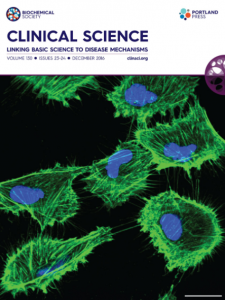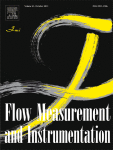 Yesterday we reported that Elsevier journals had pulled three papers by a computer scientist with an impressive publication record. The publisher has since informed us that it plans to pull six more, again citing duplication and manipulation of the peer-review process.
Yesterday we reported that Elsevier journals had pulled three papers by a computer scientist with an impressive publication record. The publisher has since informed us that it plans to pull six more, again citing duplication and manipulation of the peer-review process.
Shahaboddin Shamshirband at the University of Malaya in Kuala Lumpur, Malaysia’s record will be down by a total of nine papers once the publisher issues the additional notices. We also found evidence that an additional paper was removed by a journal, but haven’t confirmed if that’s a retraction.
One of Shamshirband’s co-authors has objected to one of the retractions Elsevier has already issued for faked reviews, arguing the reviewers were PhD students without institutional email addresses. A spokesperson for Elsevier told us:
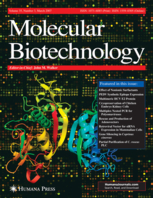
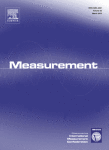 A computer scientist in Malaysia has lost two papers for faked peer reviews, and another for duplication. A fourth paper on which he is a co-author appears to have simply disappeared.
A computer scientist in Malaysia has lost two papers for faked peer reviews, and another for duplication. A fourth paper on which he is a co-author appears to have simply disappeared.
 A study
A study 
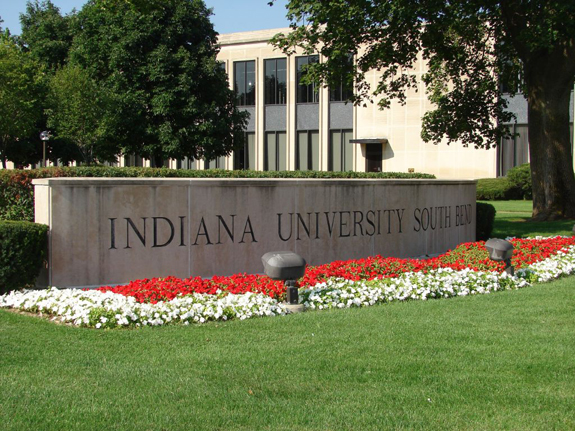 It’s been a long and winding road for a whistleblower at Indiana University, South Bend.
It’s been a long and winding road for a whistleblower at Indiana University, South Bend.
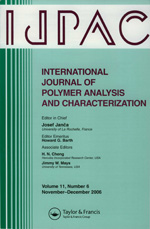 After a research group submitted two similar papers only days apart to different journals, one journal has retracted the paper — and told the other it should do the same.
After a research group submitted two similar papers only days apart to different journals, one journal has retracted the paper — and told the other it should do the same.